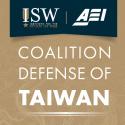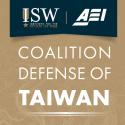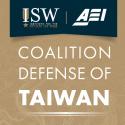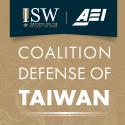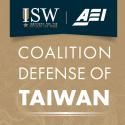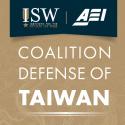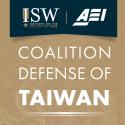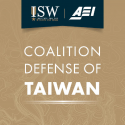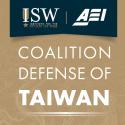China-Taiwan Weekly Update, August 9, 2024
Aug 9, 2024 - ISW Press
The PRC Taiwan Affairs Office (TAO) and Ministry of Public Security (MPS) listed the names of ten Taiwanese political figures in new website sections devoted to punishing “Taiwan independence diehards.” The postings are part of a pressure campaign targeted at Taiwan’s new administration of Lai Ching-te and the ruling DPP.


